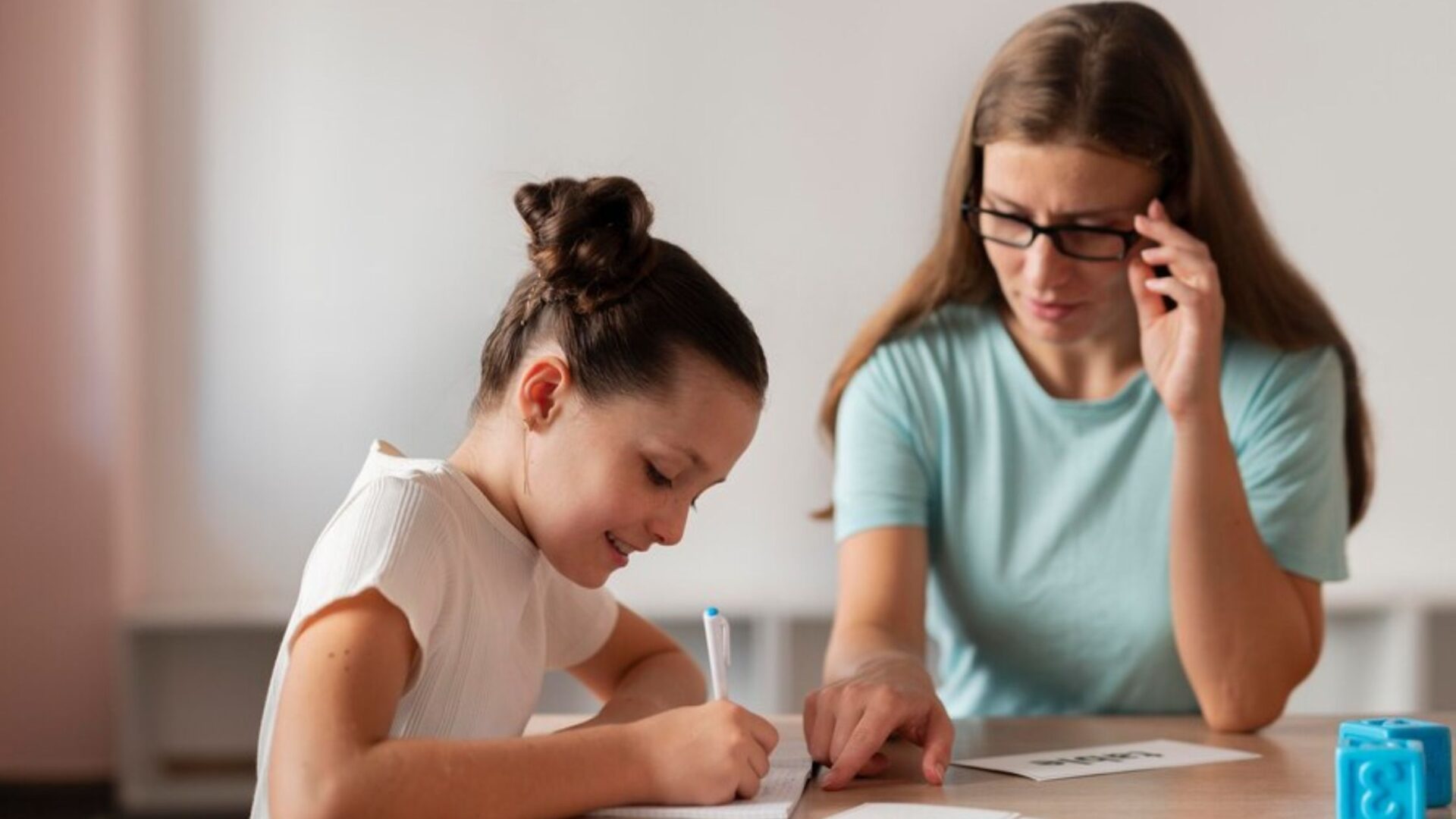It’s not always easy to tell when your child needs extra academic support—especially when ADHD is part of the picture. As a parent, you might wonder does your child with ADHD needs a tutor, or are these just typical learning ups and downs? This question often arises when schoolwork becomes a daily struggle, homework battles take over the evening, or your child’s confidence starts to dip. While tutoring isn’t a one-size-fits-all solution, it can be a helpful step in the right direction for many children with ADHD—when the time and circumstances are right.
Understanding the Learning Needs of Children with ADHD
When considering whether your child with ADHD needs a tutor, it helps to first understand how ADHD affects learning. Children with ADHD often face challenges with focus, attention regulation, and following multi-step instructions. This doesn’t mean they aren’t intelligent or capable—it means they may process and retain information differently.
ADHD can impact how a child listens in class, completes assignments, or even remembers to turn in their work. As a result, they may fall behind academically, even when they’re trying their best. Without the right support, this gap can grow over time, leading to frustration, low self-esteem, and resistance to learning.
How Tutoring Can Support Kids with ADHD
So, does your child with ADHD need a tutor if they’re already getting help at school? In many cases, tutoring can offer the personalized attention that’s hard to find in a busy classroom. A tutor who understands ADHD can help break down complex tasks, offer structured routines, and use strategies that play to your child’s strengths.
Tutoring isn’t just about catching up on math or reading—it’s also about helping your child build confidence, feel understood, and develop study habits that actually work for their brain. Whether it’s reinforcing classroom learning or managing homework time more effectively, the right kind of tutoring can make a meaningful difference.
What a Tutor Can (and Can’t) Do for a Child with ADHD
It’s important to understand what tutoring really offers—especially when ADHD is involved. A tutor isn’t a therapist or a medical professional, and tutoring doesn’t “treat” ADHD. What a skilled tutor can do is provide targeted academic support in a way that aligns with your child’s learning style.
Tutors can help kids break down assignments, stay organized, and stay on track. For children with ADHD, having someone who provides structure, encouragement, and positive reinforcement can make a big difference. That said, tutoring alone may not address emotional regulation, impulse control, or other areas where additional intervention might be needed.
Choosing the Right Kind of Tutor for ADHD
Not all tutors are the same, and for children with ADHD, the approach matters as much as the content. Look for someone who:
- Understands how ADHD affects learning and behavior
- Can provide consistent routines and flexible teaching methods
- Uses multisensory tools, visual aids, and positive reinforcement
- Is patient, empathetic, and skilled in breaking down tasks
One-on-one tutoring often works better than group sessions for children with ADHD, simply because it allows for a more tailored and less distracting environment. It’s also a good idea to ask prospective tutors how they manage focus, handle off-task behavior, and keep learning engaging.
Conclusion:
No two children with ADHD are exactly alike—and what works for one may not be right for another. Still, if you’ve been wondering whether tutoring could make a difference, that question alone shows you’re paying close attention to what your child needs.
When school becomes a daily struggle or your child’s confidence starts to slip, it may be time to consider a bit of extra support. Tutoring isn’t a cure-all, but with the right approach, it can help children with ADHD feel more capable, more motivated, and better equipped to handle academic challenges in their own way.
Thinking about finding the right tutor for your child with ADHD?
We’re here to help. Contact us now to find the support that’s the right fit for your child.

